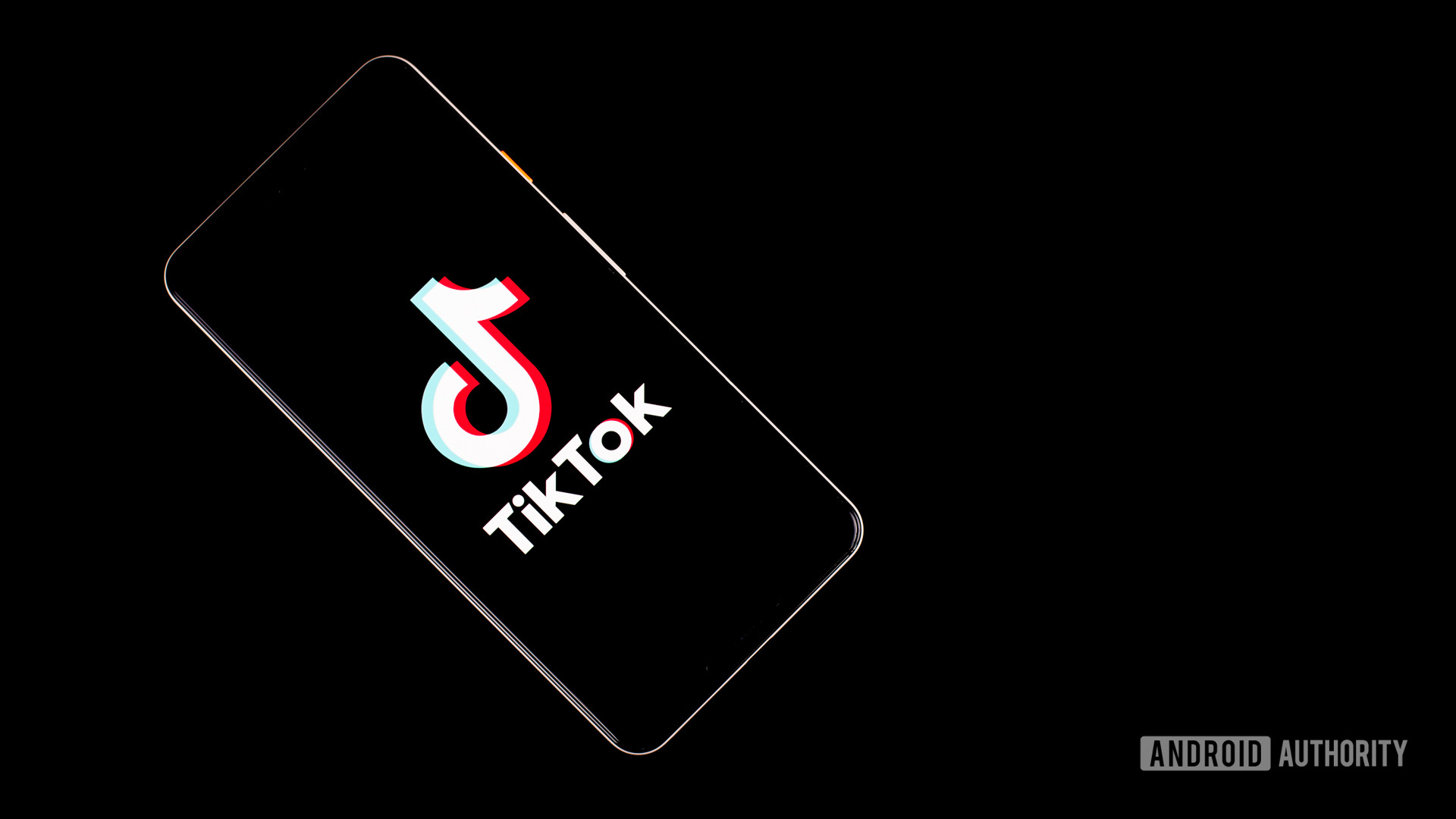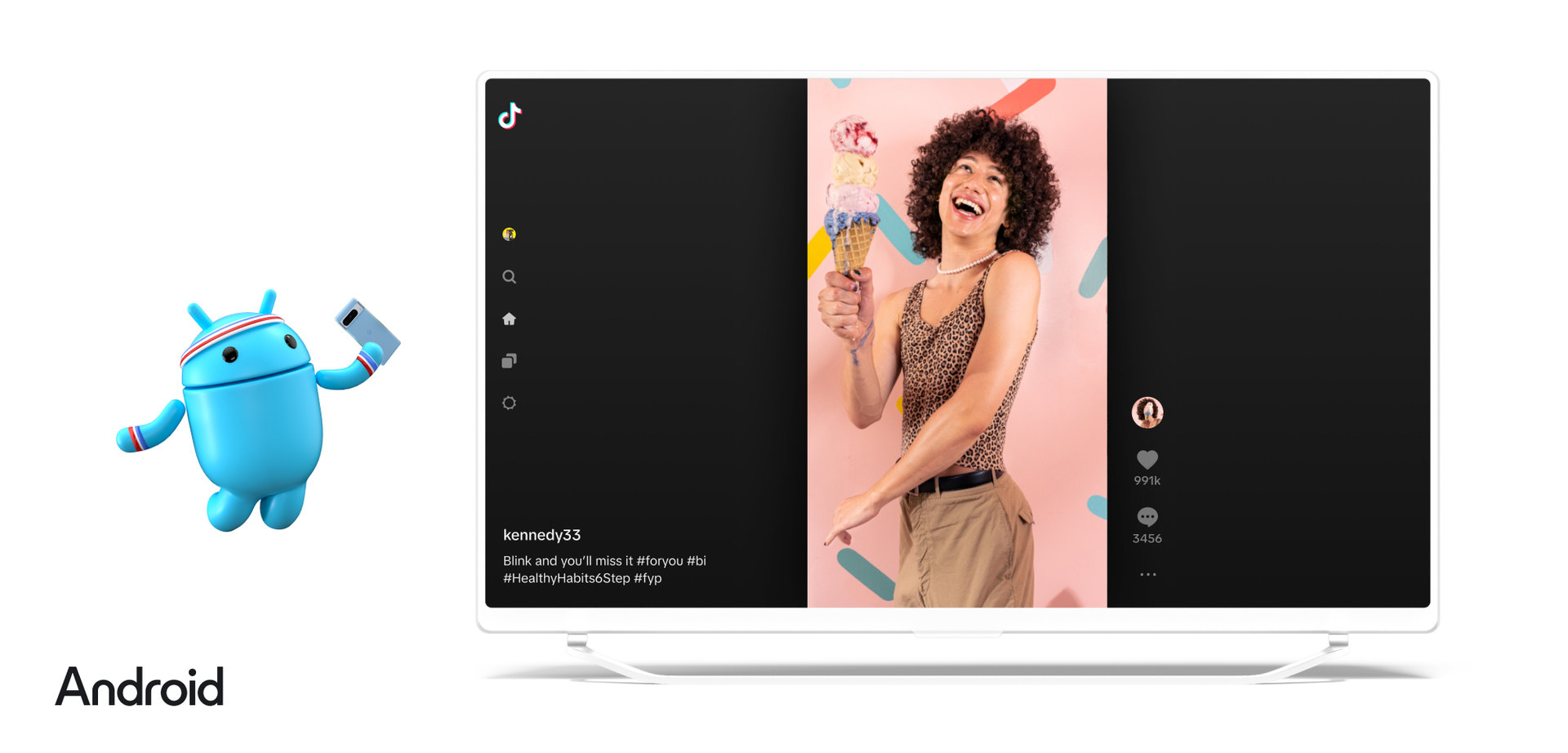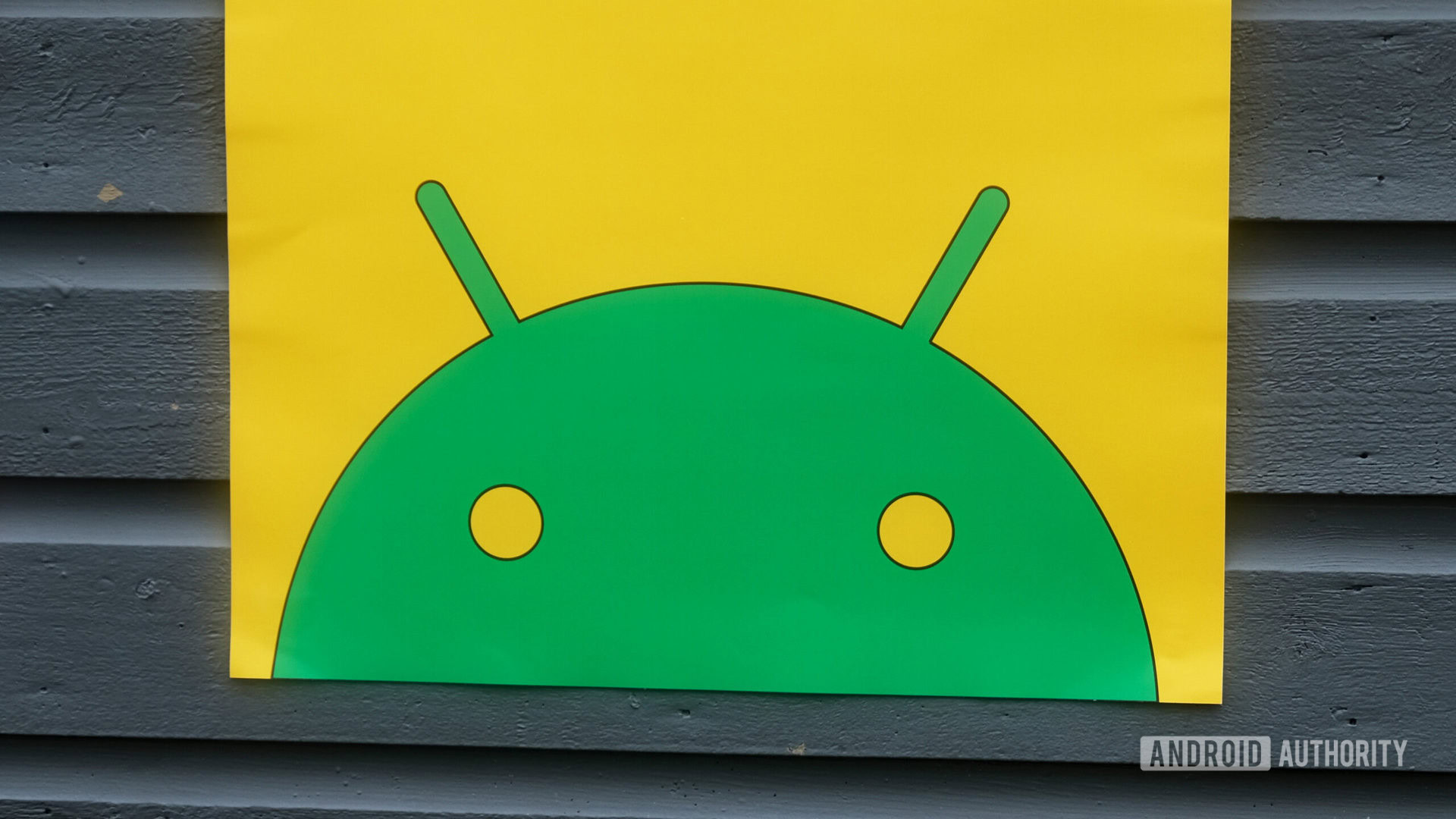
Edgar Cervantes / Android Authority
TikTok is perhaps the most controversial mainstream social network after Elon Musk’s X. Some people accuse it of being superficial, and worsening attention spans as well as the self-image of teenagers. Its harsher critics say that it can be used to spread misinformation, or that it might even be a potential attack vector for the Chinese government. So what’s the reality of the situation? Is TikTok safe to be on?
Is TikTok safe?

The answer to this is complicated. On an immediate, practical safety level, there’s not much to worry about. Millions of people watch videos on TikTok daily without being being affected by malware or data theft. Indeed the malware threat is basically non-existent unless someone tricks you into visiting a dangerous link — we’ll touch on that in the next section.
It’s when you zoom out that issues start to manifest. Some people find TikTok addictive, and it certainly doesn’t help with attention deficit problems, since the whole point is to deliver a non-stop stream of short video clips. It can distract from school or work, and like Instagram, it can potentially warp a person’s self-image — professional influencers strive to look sexy, successful, and adventurous, often well beyond what’s realistic.
TikTok has moderation to counter misinformation and disinformation — the latter being intentional — but some of it bound to slip through, and has in the past. That includes false claims about elections, vaccines, mass killings, and other topics. It wouldn’t be such an issue except that if the app’s algorithms decide you like something, they’ll feed you more of the same, and it’s possible for people to get trapped inside an ideological bubble.
For some, the greater concern is TikTok’s ownership. While the service doesn’t operate in China, its parent company — ByteDance — is based in Beijing, which has raised fears of the Chinese Communist Party gaining access to customer data or otherwise exploiting the app. In the US, the White House has banned it from devices at federal agencies, and many states have done the same. For its part ByteDance has denied any influence or control by the CCP, and in practice this concern hasn’t been made manifest.
Something else to be aware of is TikTok’s data collection. There’s more to say later on, but in brief the service knows about as much about you as a service like Facebook or X, which is to say things like personal contact info, your search and browsing history, and (if you agree) your precise location and contact lists. The company is primarily interested in making money off advertising, not anything truly insidious — but if you quit Facebook for privacy reasons, you shouldn’t be on TikTok either.
Lastly, as with any popular social network, you have to be on the lookout for scammers. To improve your defenses, we’ve identified some of the most common TikTok scams.
6 TikTok scams you should watch out for

Edgar Cervantes / Android Authority
- Fake lotteries, giveaways, and other prizes. Scammers may claim that you’ve already won a prize, but that you need to visit a link or share personal information to claim it. If you don’t remember entering an event, don’t trust this, because it’s likely an attempt at identity theft or infecting your device with malware. Alternately a scammer may claim that you’ll automatically get a prize (such as a cash handout) for liking, following, or sharing something, but it’s never that easy.
- Romance/catfishing scams. These are inherently rare on TikTok, but a scammer willing to play the long con might start flirting with you, gradually building up the illusion of a budding relationship. Once they’ve got sufficient trust, they’ll manufacture a reason to ask for money such as missed rent, a visa, or a medical emergency. Never get emotionally attached to someone before meeting them in person or at least taking a few video calls. If you think someone might be catfishing you, use a reverse image search tool like TinEye on their social media images — a smart scammer is going to steal photos to stay incognito.
- Counterfeit or outright fraudulent products. Some accounts may claim to be selling “dupes,” or offering sharp discounts on genuine fashion or electronics products. You might potentially get a tangible product if you buy a dupe, but the quality could be poor, and in either scenario there’s a too-high chance a scammer will take your money and run. You shouldn’t do your shopping on TikTok, and avoid anything that sounds like online prostitution.
- Investment scams. Some TikTokkers may try to pitch you on stocks, cryptocurrency, or pyramid/multi-level marketing (MLM) schemes that promise a high return in exchange for a small initial investment. In reality you’ll lose your money, whether because it’s stolen outright or the person’s claims are implausible. With stocks and crypto you might alternately be sold a “secret” guide to success, when the truth is that the creator’s riches come from people like you.
- Impersonation accounts. Scammers sometimes impersonate a company or celebrity with the hope of tricking you into tapping a link or giving them money, sometimes under the pretense of a charity, giveaway, or investment opportunity. When in doubt, make sure the account’s name, images, and other details line up with what you’d expect, including their verified status.
- Fake tech support. Whether through the TikTop app or outside of it, you might be approached by someone claiming they need you to tap a link or share account details to address the security of your TikTok account. The company does send a verification code whenever you add or change an email address or phone number, but you won’t have to tap a link, and the company will never ask you to share your account info outside of logging into the app. This scam is an attempt at identify theft or spreading malware.
Is TikTok safe for kids?
Kids probably shouldn’t be on TikTok. The app does have a 60-minute daily time limit for anyone under 18, requiring a passcode to extend it, as well as a block on direct messages if you’re 15 or under — but these requirements are often meaningless, since there’s no true age verification when you sign up. A child can easily lie about their age if they sign up solo, removing all limits on what they see. They shouldn’t encounter nudity, sex, or extreme violence, but there’s borderline content parents might not be comfortable with, not to mention concerns you might have about consumerism, distractions, or self-image.
Officially the minimum age for TikTok is 13, or 14 in some regions. If you do plan to let a teen on TikTok, you’ll want to take advantage of Family Pairing and Restricted Mode. These provide account control, though of course you’ll have to get your teen to consent to it.
What data does TikTok collect?

C. Scott Brown / Android Authority
According to TikTok, it collects:
- Profile information, including your date or birth, email address, phone number, and anything else you share.
- All the user content you post or upload, including things like audio, photos, video, and comments.
- Clipboard content, phone contacts, and social network contacts, if you consent to sharing any of these.
- Purchase information when you make a transaction through TikTok’s systems.
- Proof of your identity or age if it’s required (say, for a livestream or verified status).
- Message content and metadata. Don’t expect conversations to be fully private, in other words.
- Usage patterns, including your Favorites, your browsing and search history, and how you interact with content, including ads.
- Device/browser information such as your IP address, phone carrier, device model, screen resolution, operating system, and even battery level.
- Approximate location based on your SIM card, IP address, or user content. Precise location (e.g. GPS) if you consent to it.
- Third-party cookies (and similar tech) used to analyze how you use TikTok or enable some features. Some of these cookies can be disabled.
- Info from linked third-party services like Facebook or Google.
- Info shared from partners like advertisers, assuming there’s a way of identifying your account data.
FAQs
It’s impossible to say if the Chinese government is monitoring TikTok, but the company isn’t owned by it. It’s owned by ByteDance, which in turn is controlled by investors and employees.
ByteDance, a Chinese company headquartered in Beijing. TikTok doesn’t actually operate in China.
It can access a lot of things, particularly if you enable requested permissions, but not everything. Check out our TikTok data collection guide for more info.








